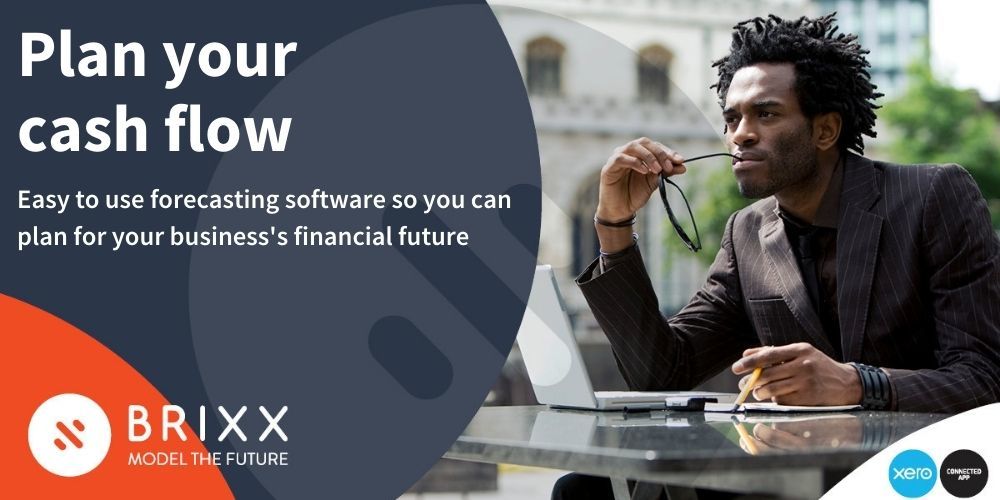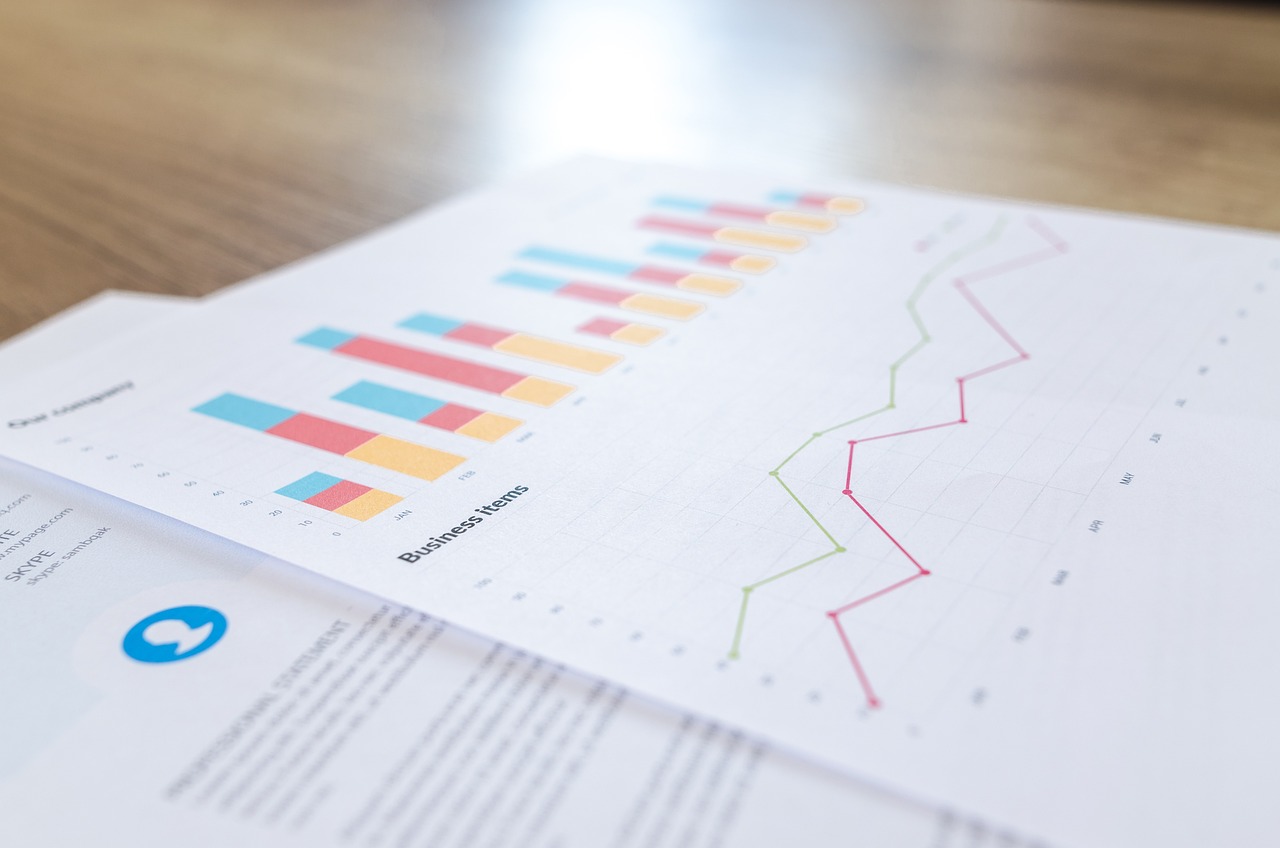

Entrepreneurship is growing rapidly in the UK, with thousands seeking startup funding each year. However, starting a business comes with costs, and few entrepreneurs have the capital to fully self-fund. For many, securing a startup loan is essential.
Lenders assess credit scores to determine how much they’re willing to lend, making your credit score crucial in accessing the necessary funds. In this article, I’ll outline the role of credit scores in startup funding, explore borrowing options based on credit scores, and discuss the financial impact of taking on debt.
We’ll talk about:
- Why credit scores are important for entrepreneurs
- How much can I borrow?
- What affects credit score as a startup?
- How do I find out my credit score?
- What types of startup borrowing rely on credit scores?
- Two tools for securing funding – credit scores and cash flow forecasts
How much can I borrow?
How much can I borrow? This is the BIG question for those seeking a line of credit. How much you can borrow as a startup is largely determined by your credit score.
Credit scores are often spoken about in the context of personal finance, but they are equally important for businesses. In short, they play a role in determining the limits of your borrowing, and are affected by your credit history.
What is a business credit score?
A credit score is a 3-digit number that provides lenders with an evaluation of an entity’s creditworthiness based on their credit history.
The higher the credit score, the more credit lenders will view you as creditworthy.
Business credit scores are gauged differently to personal credit scores. For businesses, the credit score range is from 0 – 100 and for individuals, the credit score range is from 0 – 999.
So businesses have credit scores, and people have credit scores. Where does this leave entrepreneurs who are starting new businesses? Well, startups that are still in the planning stages occupy an interesting place in the credit score landscape.
They don’t have any business transactions to their name and so have no credit history – but, they are certainly in need of startup funding. So, what is their credit score based on, and how can it be improved?
What affects my credit score as a startup?
As a general rule, if you haven’t started a business yet, your personal credit history will be checked when you apply for startup funding for your future business. StartupLoans for example, perform a credit check on the applicant’s personal credit history as part of the application process.
If your business is already operational and is searching for more funding, then the business’ credit history will be checked instead, though this often requires the business to have been trading for 2 years prior to the check. This means that it’s not only important to look after your personal credit score, you will also need to nurture your businesses’ credit score as your business grows.
This article concentrates on the first case – a startup looking for funding. In this case, personal credit history is what counts – alongside a good business plan, a financial forecast and a clear statement of what the funds will be used for.
Determining credit scores can be a complex science – but there are a few big components that affect it.
Payment History
Payment History impacts your credit score more than any other factor.
If you’re prone to making late payments then it may be difficult for you to get approved for a loan, for example.
This is because it shows lenders that you are unlikely to make payments on time.
If you have a poor payment history, then a good way to fix it is to make an effort to make your payments on time each month. It will take some time for this to be reflected in your credit score – but this activity is at the heart of credit repair. If you aren’t paying your debts on time – this should be your number 1 priority.
Level of Debt
This is another primary factor that determines your credit score.
Having too much debt can negatively impact your credit score. Lenders can be unwilling to lend more if you already have a large volume of debt, as it increases the burden of repayments and interest payments you will need to make. It is in the lenders’ interest to ensure that the money they lend is repaid, and large qualities of existing debt can put this into question.
However, this also means that you can improve your credit score by paying off your debt. Depending on how much debt you have it can be a slow grind, but the reward of a good credit score once you’ve paid your dues can be worth it if you’re looking for funding.
Hard Enquiries
When a lender makes a credit check in order to make a lending decision, this is known as a hard enquiry.
If a lender makes multiple hard enquiries over a short space of time, this may cost you points of your score.
Length of Credit History
Your credit score will benefit from having a long history of prudent borrowing activity – for example using and repaying a credit card on time.
I’ve always found it unusual that you need to get into debt (to a credit card company) to prove you can handle being in debt – but this seems to be the case!
Errors
Another factor that can negatively impact your credit score are errors on your credit report.
These could include payments that have been recorded as unpaid – but which you have actually paid.
If you find any errors it’s important to dispute them quickly. Always ensure that you have evidence of the error to ensure that it’s a quick process to remove it.
How do I check my credit score?
Reading this probably makes you want to check your credit report! Luckily, there are a number of ways that you can get it for free.
There are some agencies that provide free credit scores, here are just a few:
Once you are up and running, you can also check your business credit score with both Equifax and Experian, as well as many other providers.
What types of startup borrowing rely on credit scores?
Startup loans
So, startup loans or startup funding are designed for individuals who are looking to start a business. Startup loan lenders often offer mentoring and guidance to help budding entrepreneurs grow their business. In the UK, a good place to start is the government-backed StartUpLoans website, though most banks also offer this kind of funding.
There are a number of different factors that lenders will consider when assessing your application. Generally, lenders that offer startup loans will consider things like your creditworthiness, affordability, and business viability.
Let’s just unpack those terms…
Creditworthiness
This is how lenders decide if you’re worthy to receive new credit. Lenders will look at a variety of factors before they come to this conclusion. These include your credit score, payment history, and the level of debt the individual is already in.
Affordability
Affordability looks at how much an individual can afford to repay.
Lenders will undertake an affordability assessment to determine whether an individual is able to repay their debts.
Business viability
Lenders will also often ask for a detailed description of what you intend to use the money for.
To strengthen your application you will often be required to provide them with documentation such as a business plan and financial forecast.
Can I use Personal Loans?
One funding option you may have considered if you’re thinking of starting a business is a personal loan.
Often, lenders’ T&Cs prevent personal loans being used for business purposes.
When you apply for a personal loan the lender will ask for the intended use of the loan. Always be honest with what you’re going to use the money for as the penalties can be severe if you use it for something the lender does not permit.
Credit Cards
Credit cards, as you might have guessed, use credit ratings to determine borrowing limits.
Business credit cards are specifically used by businesses rather than individuals. Their borrowing limits are generally higher than personal credit cards, but you must fulfil certain criteria to successfully apply for one.
In the UK, most providers require the business to be registered in order to apply for a business credit card. Generally, you must be running or setting up a small business. Providers may even ask to view your company’s account activity for a period of up to two years.
Two tools for securing funding – credit scores and cash flow forecasts
For many entrepreneurs, borrowing is a necessary evil. As I mentioned, few new businesses have the capital to be entirely self-funded.
Alongside a good credit score, many lenders require a business plan including financial forecasts to support applications for startup loans.
Not only are financial forecasts necessary for applying for some startup funding, but it’s also an incredibly valuable process for you as an entrepreneur.
Planning for the future, particularly using cash flow forecasts, can help you identify financial problems your business might face before they happen.
To this extent, credit score management and cash flow forecasting go hand in hand – as a good credit score will help the business increase its borrowing potential, which will enable it to meet any funding requirements highlighted by its cash flow forecast.
This is especially important, as poor cash flow forecasting is one of the main reasons why small businesses fail. Quite simply, they run out of ready cash to pay their bills because they don’t predict how much cash they will have, and so don’t take measures to prevent this from happening.
Now, forecasting your cash flow won’t magically generate cash for your business. But – it will highlight ahead of time the consequences of the business activities the company is pursuing today, and identify any potential periods where the business will be dangerously low on cash. A good cash flow forecast will show how much funding the business requires to plug any future gaps in its cash flow – and also how much initial funding is required to start the business.
As you can see, creating and maintaining healthy credit score habits aren’t just for startups!
Borrowing, of one kind or another, continues to feature in the lives of many businesses as they expand and grow. See the risks and rewards on entrepreneurship yourself!













